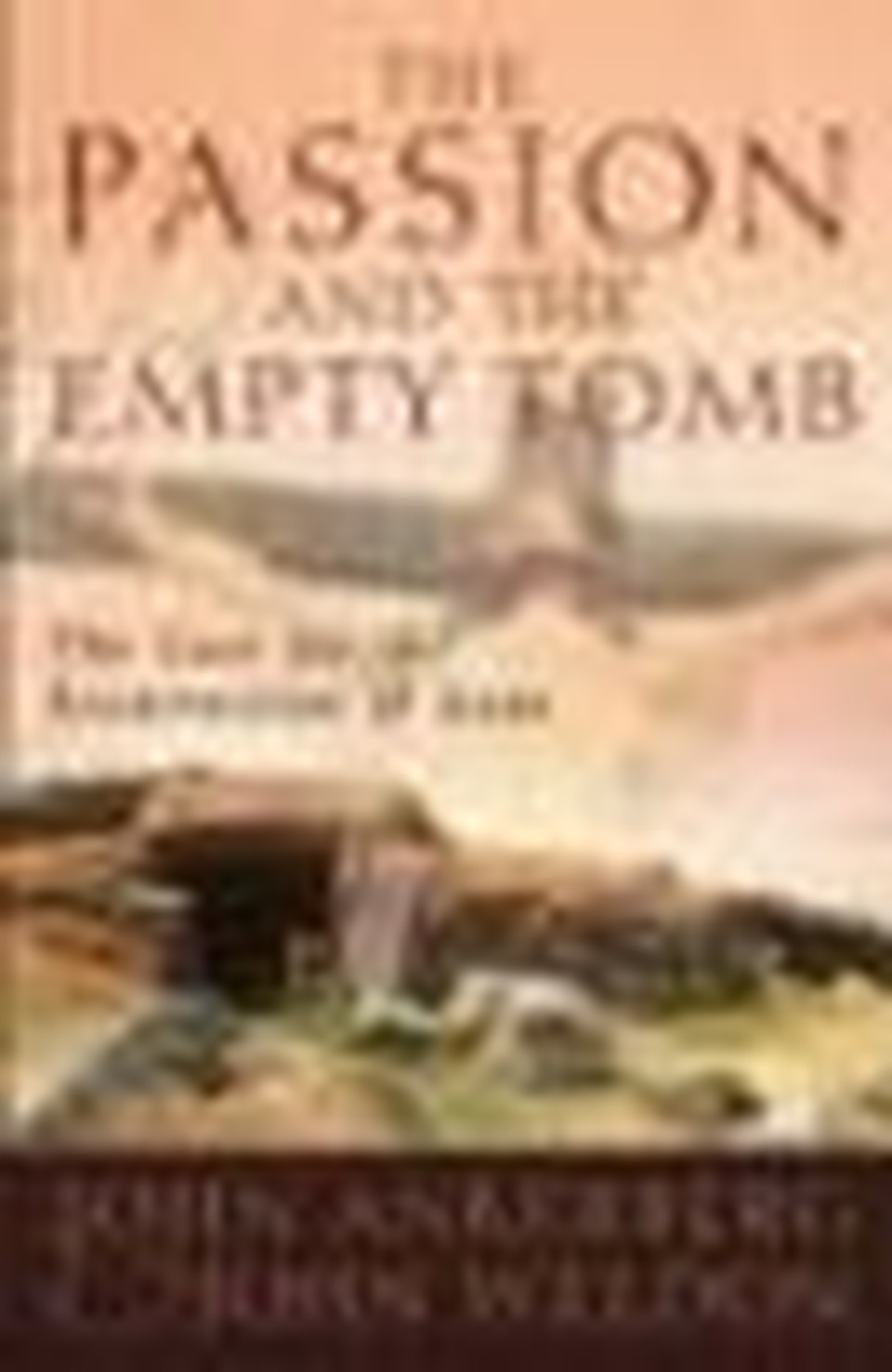After the Passion: The Rest of the Story Emerges

After the passion everything changes. As powerful and unparalleled as the film The Passion of the Christ is, it is principally about the passion of the Messiah. It covers the very last hours of the Messiah’s life—“brief” hours that forever altered what was to come. (Those 12 hours, incidentally, took 12 years for Mel Gibson to conceive, produce, and film.)
But the resurrection of the Messiah—the celestial exclamation point to the passion—is only briefly glimpsed in the movie. Yet it covers all eternity. If The Passion has a major weakness, it might be this. Perhaps people will be confused about the blood-soaked brutality, not comprehending that because Jesus rose from the dead, the passion becomes the most magnificent message to them ever—supplying literal proof that their sins have been forgiven and that eternal life is a free gift now available through faith in Christ.
The passion without the resurrection would be senseless brutality on the scale Gibson portrays, and justifying some of the criticism of the film. But if The Passion of the Christ underscores the love God has for us, the resurrection underscores the absolute proof of this love. In that sense, even with all the history and evidence involved, this is a story about love.
This book picks up where The Passion leaves off for the reason that the resurrection of Jesus Christ is the most powerful and most central fact of history—the fact without which no other fact makes sense. The apostle Paul preached “Christ crucified,” but he went on to emphasize that if the resurrection didn’t happen, then nothing matters (see 1 Corinthians 1:23; 15:12-20). And because it did happen, everything in life and history is forever altered.
Considering the Competition
Christianity has become the most compelling and persuasive philosophy in history because it is based entirely upon the bedrock fact of the resurrection, which proves biblical faith true. For two millennia, this has been the foundation from which contrary religions and philosophies have been so powerfully subdued.
In all the world, with its thousands of competing religions, only the crucifixion and resurrection of Christ truly demonstrate that there is a God who loves us—and then prove the infinity and eternality of that love. The result is that the jaws of other religions and philosophies are wired shut. They now have little to say because the death and resurrection of Christ say everything. And if the crucifixion is terrible news for Jesus but wonderful news for everyone else, the resurrection is wonderful news for Jesus and incredible news for everyone else. It proves beyond doubt who Jesus is, and that the one grave dilemma of humanity—dreadful sin separating us from the presence of a holy God—can be fully forgiven, forever.
No one else has this message. No one has anything coming even close to this message. Other religions have whatever they have—but if they truly have proof of anything new or important, it has never been presented. The Christian faith, though, presents the dying and atoning incarnate God, brought back to life forever as a guarantee of our eternal salvation—the Good News carrying an eternal exclamation point. And all of it offered as a free gift—no merit or deeds of any sort required. That’s especially why it’s good news! Other faiths have no news at all, universally teaching salvation by merit—but Christianity stands alone. It is unique in the claims it makes and in its teachings. Its founder is incomparable. In the manner of its salvation and the evidence it offers for its claims, the Christian faith is matchless.
When one religion stands above the rest, the sincere person need not examine all possible worldviews in an effort to find the truth. Nor need he or she conclude that all truth is relative merely because the contenders are numerous. Biblical Christianity leaves us few options: the evidence on which it rests can neither be invalidated nor ignored. Therefore, the one thing we must never do is attempt salvation on our own terms, and by so doing reject God’s terms. Those who think they can stand on their own merit or power before an infinitely holy God are welcome to try. But that’s the bad news about religion in general. When an impossible task is demanded, one’s only guarantee is failure. The really good news, however, is that the resurrection of Jesus Christ is the keystone of God’s saving plan for all humanity.
Taken from “The Passion and the Empty Tomb” by John Ankerberg and John Weldon; Copyright 2005 by John Ankerberg and John Weldon; Published by Harvest House Publishers, Eugene, OR; Used by Permission.
Originally published March 23, 2005.







